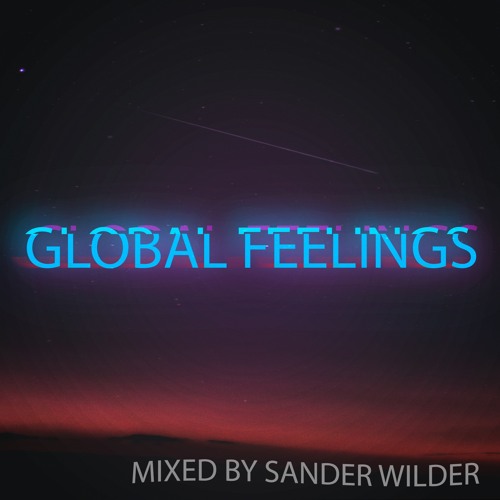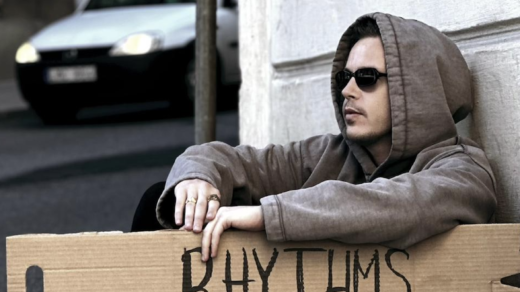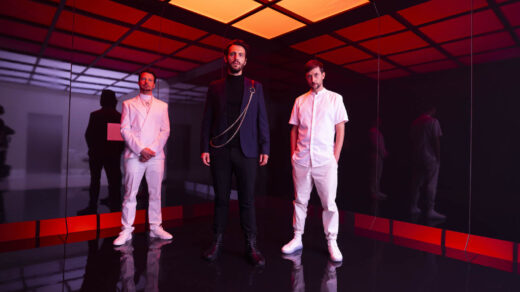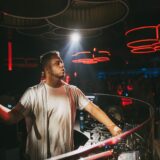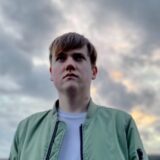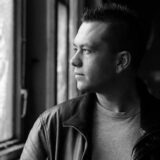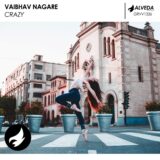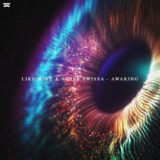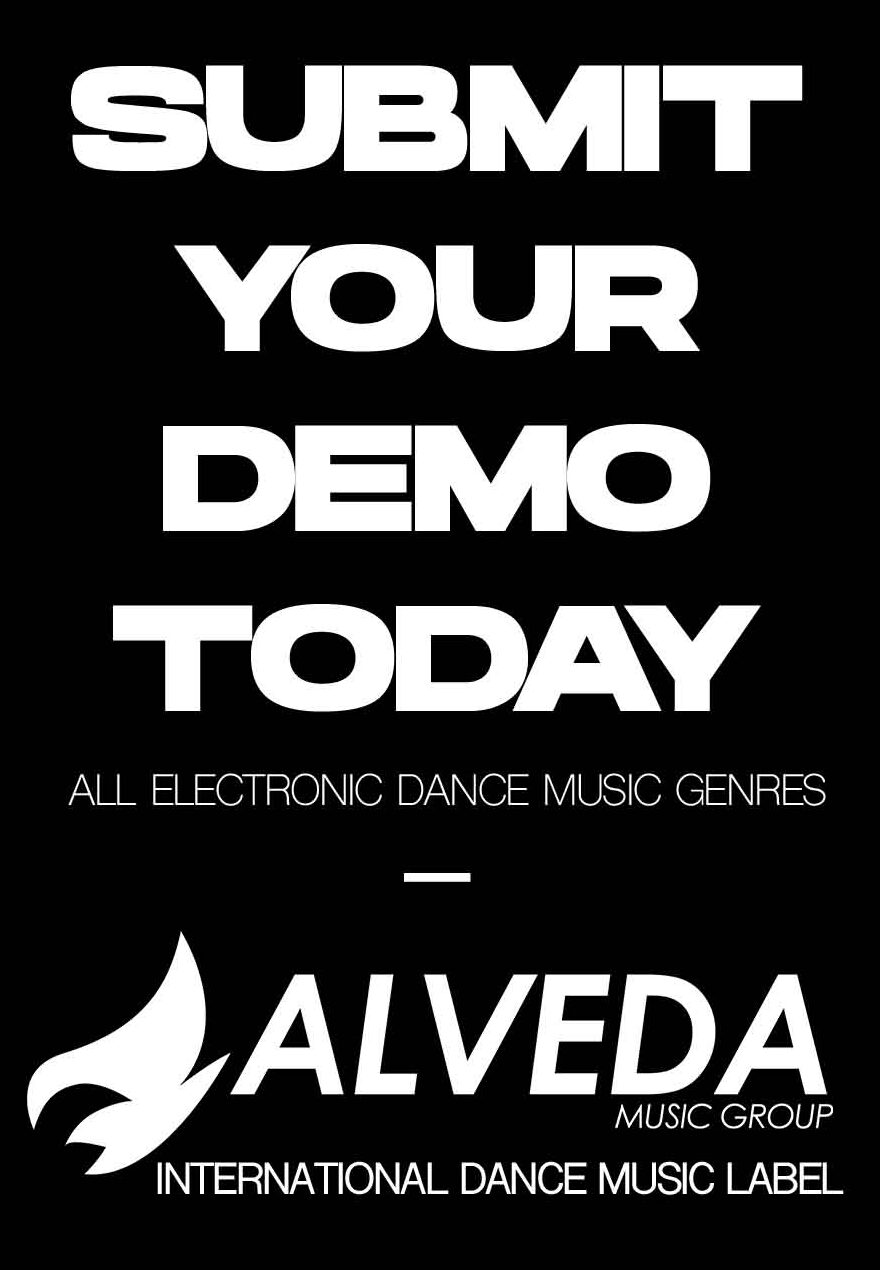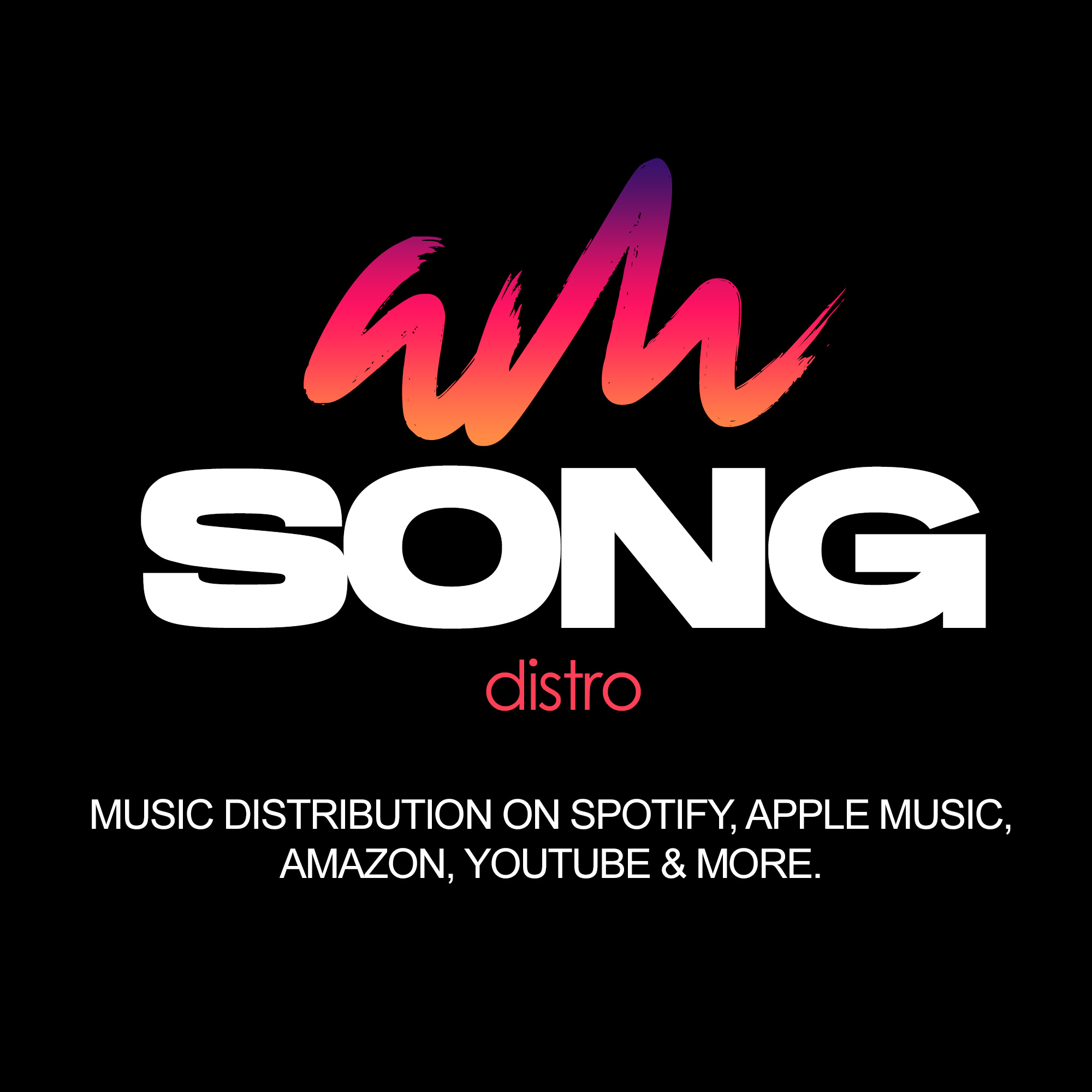Adam Davenport: “I’d Like To See EDM Become a More Diverse Space”
Multi-hyphenate Adam Davenport is always reinventing himself, whether in music,
film or theater. The award-winning and Billboard-charting artist shocked everyone
when he moved from New York City to Belgrade, Serbia in the middle of the
pandemic. Last year, the International Music and Entertainment Association
honored him as Electronica Artist of the Year. This month he released his latest
track “Blackout” globally via Alveda Music.
-How did your career begin?
I’ve had ten music releases but the funny thing is that I would never call what I’ve done a
career. Some journalists over the years have called me a Renaissance man. I make my
living as an actor but for the last five years I’ve produced some tracks, which I’ve seen as
an extension of my own impulse to create. And my initial love for the sounds of EDM drew
me to pursue some ideas of my own and put them out there in the world. Although I’ve had
some small successes with my music projects and I’m grateful for the awards, charting on
Billboard and becoming a Grammy voter for instance, I would never pretend to be a
professional musician because that would be an insult to the artists who devote hours
every day to their craft. I release one or two tracks a year which is a very small output for a
producer. So I’m really a hobbyist in that sense who has had some luck. When I teach
acting, I make that emphasis with my students because to be a professional means that
your head has to be inside that work on a disciplined basis. When I have an idea for a
track, I pursue it. It’s not quite the same thing. Andy Warhol occasionally walked the
fashion runways and was good at it, but would we call him a model?
–Which is your first track ever released and from which label?
“My Return Address Is You” was released on Independent Ear, which was a subsidiary of
Universal Music Group at the time.
-Which was your latest release?
“Blackout” just came out this month on Alveda Music. It represents a different direction for
me as it’s my first instrumental track. I wanted to do a progressive track.
-What do you think about your favourite artists?
That list of “favorites” is always evolving because I listen to so many different kinds of
music. I listen to everything from one artist and then move on to another. I went through
my Armin Van Burren and Don Diablo phases. Now I’ve switched genres and am going
through orchestral jazz.
-How have you been keeping busy during quarantine?
Well, I moved continents: from North America to Europe in the middle of the pandemic
which people in my life admired but also thought was unusual or crazy at the same time. I
was living in New York City and started work on “Blackout” in summer 2020. Then I moved
to Belgrade, Serbia in the fall; I finished the track here and also released another track
“Feels Like Tonight” on a label in Italy (Distar Records) since I’ve been living in Europe.
–Do you have any dreams and plans for the future?
For my own personal ambition, I envision maybe doing a live album with stripped down
covers of electronic songs. Kind of like the Ella Fitzgerald Songbook series produced by
Norman Granz where she did her own renditions of all the American standards composed
by the likes of George Gershwin, Irving Berlin and Cole Porter. What are the standards of
electronic music that will be remembered long after this generation?
Beyond myself, I’d like to see EDM become a more diverse space. I’d like to see a black
Calvin Harris, a Latinx David Guetta. The labels need to develop and give opportunities to
artists in this space who don’t all look and sound the same. And I say that with no
disrespect to the artists who are at the forefront of the genre now, as so many of them are
phenomenal musicians. But let’s get some color into the roster so it’s looking less
homogenous.
-What drew you to the music industry?
I was driven by this desire to bring black visibility to EDM. One thing I love about the genre
is that many have called EDM the “music of the millennial generation” in the same way that
alternative music was in the ’90s or rock was for my parents growing up in the ’60s. And so
if electronic dance music is truly the music of our generation, I’d like to see that reflected in
the diversity of its artists. EDM has become such a huge business and it would be fantastic
if that commercial success could be shared by artists who aren’t predominantly straight
white men, frankly. It’s interesting that EDM has been dominated by largely straight white
DJs and producers from Europe, and yet the godfather of house music — to which
electronic dance music is indebted — happens to be a gay black man, also from Chicago,
named Frankie Knuckles
-Who/what are you inspired by?
Dance music was, in fact, part of the soundtrack to the self-acceptance of my identity. I
was a lonely kid who survived bullying by playing the piano and my ears consumed
everything with a beat from Janet Jackson to Earth Wind and Fire. Jackson’s albums
Rhythm Nation and The Velvet Rope were monumental in my journey to accept myself as
a young gay black man growing up in the south suburbs of Chicago in the ’90s. As she
sang about homophobia, bigotry, racism, AIDS and self-love on pop-dance tracks, I was
blown away to learn that the genre could be used to say something powerful. Jackson was
a voice for me and others like me who felt disenfranchised and marginalized in an era
where it was not as easy to be so courageous. She really inspired me. So while my peers
played outside on the weekends, I sat in my room and wrote song lyrics, imagining one
day becoming a recording artist in my own right. I found the melodies of dance music
uplifting for my soul, and I wanted to make others feel the same way.
-Please explain your creative process
Every track had a different origin. I think the only common denominator is that
I went through many different drafts before settling on a certain version. And I
think I’m never satisfied with the final product. You always hear something
you would go back in and alter. On “Blackout” I went through four different
masters before deciding I was done with it.
-Is there a hidden meaning in any of your music?
Well for “Blackout,” there is more than one kind of blackout. We think of it
most commonly in hedonistic terms… passing out from consuming too much
alcohol. But I started the track thinking about something else, Blackout
Tuesday, in response to Black Lives Matter.
-Do you collaborate with other artists?
Every project has been a collaboration. I couldn’t make my music any other way. Shanica
Knowles was the featured vocalist on “My Return Address Is You,” and I co-wrote the song
with Leslie Mills, an Emmy-nominated songwriter who was praised by Paul McCartney. I’ve
co-written two tracks with Jordi Coenradie (Jordan Jay) and my other tracks I’ve co-written
with Jon Shulman (Proper Villains). Tye Ellen was the featured vocalist on “Feels Like
Tonight” and we co-wrote the topline together.
-Which DAW do you use to produce music?
Ableton, from “My Return Address Is You” to “Blackout.”
-Do you play any instruments?
I studied the piano for ten years; Jon Shulman and I use a keyboard to write the chord
progressions on the tracks.
-Do you have other activities besides music?
I run an acting school in Belgrade, Serbia: The International Acting Studio (TIAS). I am
responsible for the training and coaching of more than 40 actors.
Follow Adam Davenport :
https://www.facebook.com/iamadamdavenport
https://www.instagram.com/adamdavenportactor

